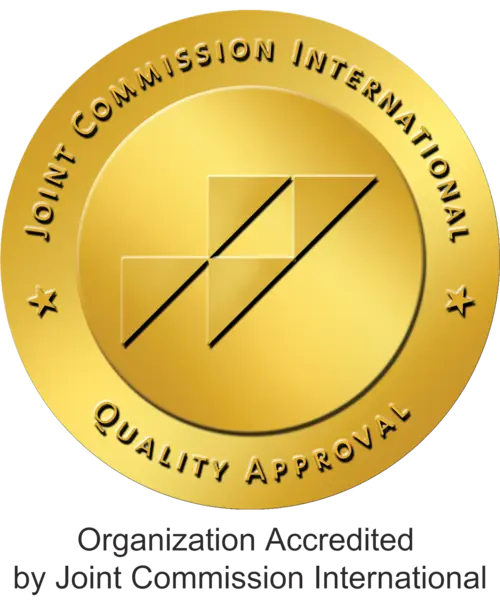Polyclinic of Pediatric Neurology

HYPERACTIVITY
Hyperactive children are always moving and cannot postpone their requests, have difficulty to finish the task they started, talk excessively or interrupt others while talking, always play with something in their hands, are hasty and impatient, ramble while talking, meddle and are obstreperous.
ATTENTION DEFICIT DISORDER
They avoid tasks that require attention, often lose their belongings, are forgetful, disorganized and messy, quickly gets bored and change their job a lot, cannot wait for their turn, do 5 minutes task in 1-2 hours.
BEHAVIORAL DISORDERS
Behavioral disorders are disorders such as harming people or animals, theft, lying, irritability, get angry easily, threaten others, spitefulness, stubbornness, belligerence, not following rules, sexual problems, running away from school or home, and vandalism.
CHILDHOOD DEPRESSION
Symptoms are unhappiness, tics, nail biting, easy tearfulness, irritability, nervousness, absence of friendship, having frequent colds, flu, school failure, learning difficulties, bed wetting, not being able to sleep alone.
SPECIFIC LEARNING DIFFICULTIES
When a child begins showing problems with specific topics at school, s/he might have a learning difficulty. Types of learning difficulties consist of: mathematical disorder (dyscalculia), reading disorder (dyslexia), writing disorder (dysgraphia), and others. Learning disorders usually start when children begin school and are only noticed when the child does not exhibit the expected academic performance.
FAILURE IN SCHOOL
A child’s failure at school is not necessarily caused by the child alone, other causes may include: the child’s personality traits, heritable reasons, the academic level of the school, the child’s IQ may be lower than average children his/her age, the child may have a learning disorder, depression, a behavioral disorder, attention deficit hyperactivity disorder (ADHD), or the child may be physically disabled, may have significant hearing and/or visual loss.
TEST ANXIETY
Test anxiety is mainly due to the feeling of 'not being able to succeed.' Within the past 20 years, the number of parents who have applied to Child and Youth Psychiatric centers with complaints of their child’s anxiety problems have increased. Children who are under stress factors such as: poverty, ambiguity in sociological life, and cultural and other social hardships have been known to have this problem.
TICS AND OBSESSIONS IN CHILDREN
Tics are sudden, repetitive and involuntary movements, expressions or gestures. Tics can be seen as eye blinking, throat clearing, grimace, neck rolling, and mouth stretching, sniffing, growling, touching, smelling, and sprucing up cloths, repeating certain phrases/words frequently, and repeating the last sound heard. The frequency and severity vary in time, tics can be replaced by others or more than one can be seen consecutively such as eye blinking, sniffing, and neck rolling, respectively.
DELAYED SPEECH
First word of a child is expected within first 12-18 months and first sentence in the 32th month. The speech includes learning and maturation. A delay in speech development may be caused by physical health disorders, respiratory tract disorders, and internal secretory glands disorders, inflammation of the tongue, larynx muscle, environmental conditions (weak stimuli, attitude of parents) and emotional disorders, autism.
PHONOLOGICAL DISORDER
(Articulation Disorder)
In this disorder, there are problems making sounds and forming particular speech sounds properly. When a child does not develop the ability to produce some or all sounds necessary for speech that are normally used at his or her age, it is called phonological disorder. This condition interrupts the success in school/ work/social communication. There are many different levels of severity of phonological disorder.
STUTTERING
Stuttering is a disruption in the normal patterns of speech, can have many forms including repeating a sound or a syllable, prolongation of a sound, complete stoppage of speech or repeated interruption of speech, can be seen together with tics. Usually begins between 2-7 years, most common in 3-5 years old children. It is more severe in boys. Girl-boy rate is 1/5. According to research, people who stutter have a high rate of stuttering family history. Also in infantile brain paralysis, ADHD and learning difficulties, speech disorders are observed.
APHASIA
Aphasia is a speaking disorder that occurs due to a neurological disease. Not only does it affect the person’s ability to speak, but it also affects the person’s ability to read, understand and write.



